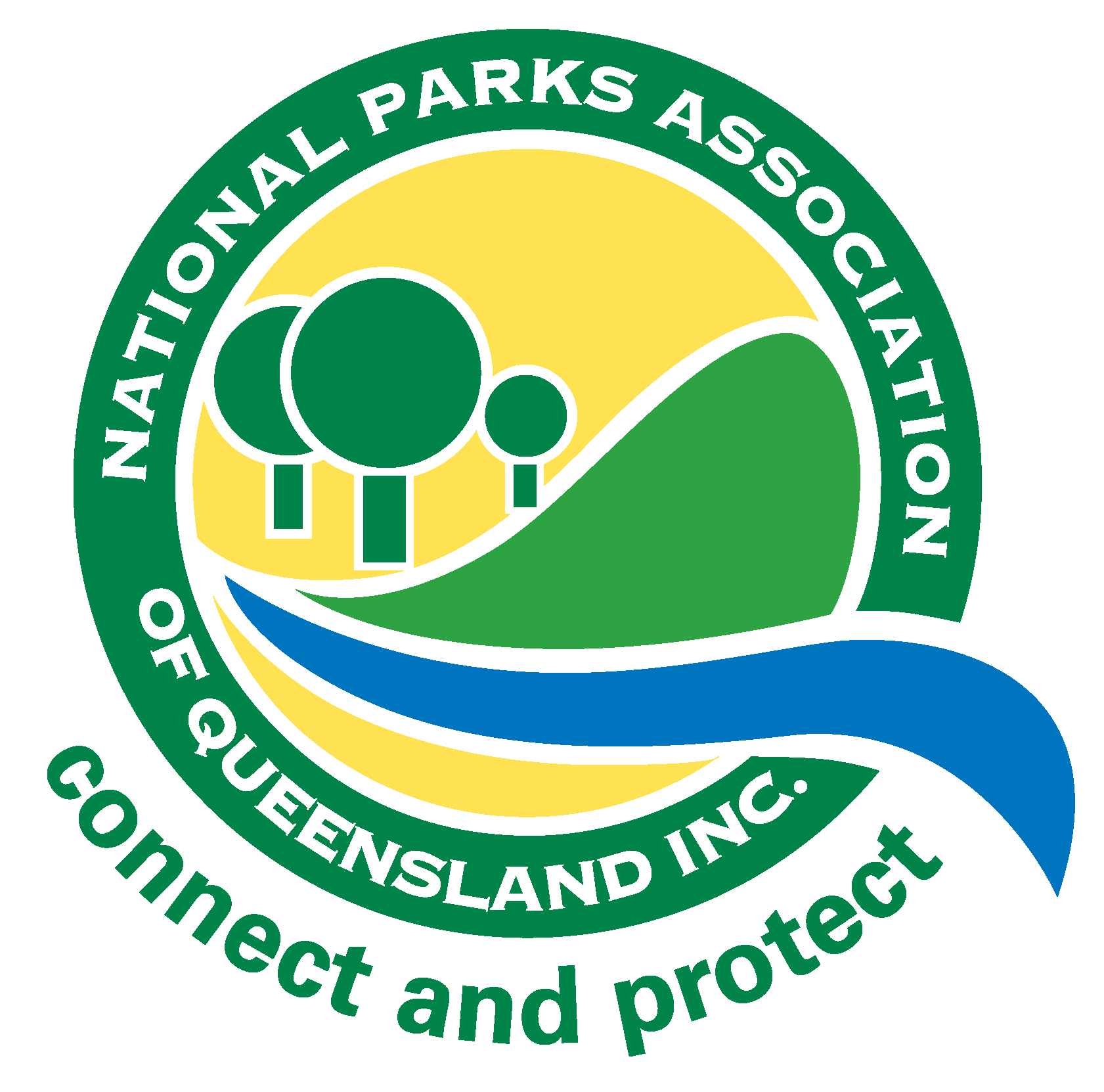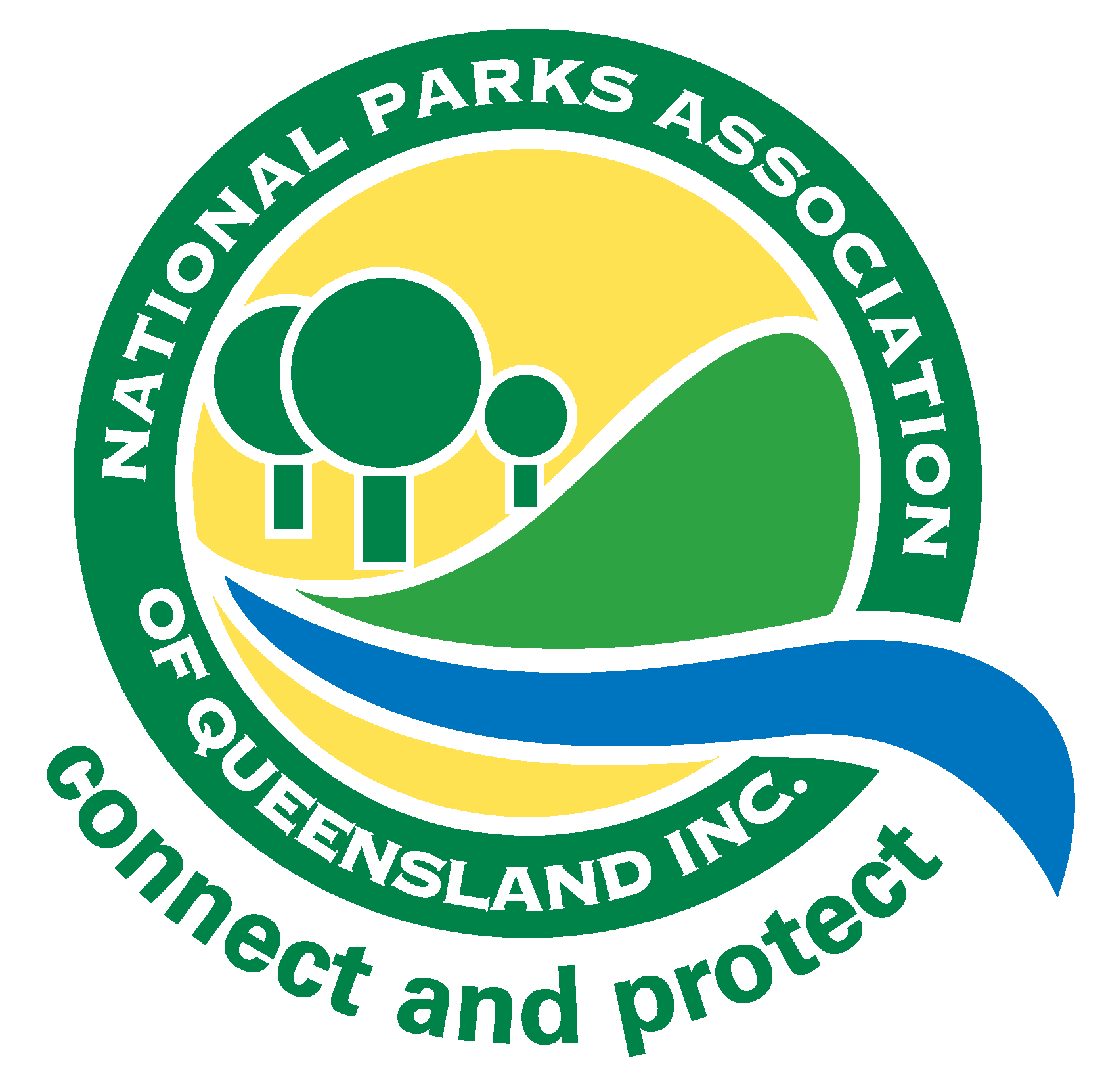Protected Magazine
Ecotourism In National Parks
What is Ecotourism?
Ecotourism encompasses nature-based activities that increase visitor appreciation and understanding of natural and cultural values. They are experiences that are managed to ensure they are ecologically, economically and socially sustainable, contributing to the conservation of the natural areas and the well-being of local communities where they operate.
NPAQ recognises that there is increasing demand for access to national parks for a range of tourism and recreational pursuits. Sensitive, appropriate facilities and activities will likely expand the range of people who connect with, and become more appreciative of natural and cultural values, leading to broader community support for national parks. This can represent a benefit to the park, regional economies and the tourism industry.
NPAQ’s view
Developments and activities that merely use national parks as a scenic backdrop to their activities can cause detrimental impacts on an area and place undue stress on limited park management resources. NPAQ does not support inappropriate developments and/or activities which are in conflict with the purpose of national parks – the conservation and appreciation of nature and cultural values. Most inappropriate developments tend to be exclusive accommodation where the focus is on food and luxury rather than appreciation of the national park. With ever-increasing pressures on the national park system, any ecotourism facilities or activities within national parks must align with leading practice to avoid degradation of the park values and visitor experience. As such, ecotourism facilities and activities in national parks should have minimal impact and be carefully monitored to ensure that:
• Conservation and cultural values are central to the activity and not compromised;
• The integrity of the national park is maintained;
• Independent visitors’ enjoyment is not infringed.
NPAQ’s position
The following approach must be applied when considering ecotourism developments.
1. Accommodation is best located adjacent to or near national parks, rather than within. Supporting infrastructure within national parks is to be temporary in nature and suitable for easy removal.
2. When needed to support genuine ecotourism activities, accommodation within national parks is to be low key, sensitively designed, in harmony with the surrounding landscape, and should avoid exclusive use of sections of the park. NPAQ is a proud supporter of our First Nations people and their traditional lands.
3. Servicing of accommodation/facilities is to have minimal impact and be restricted to limitedperiods to minimise disturbance to wildlife and visitor experience. Mandatory orientation and authentic interpretation is to be provided and reinforced during visitor activities to achieve experiences based upon appreciation and respect of natural and cultural values. All messages and material are to be approved by QPWS.
4. Infrastructure such as walking tracks and lookouts are to have minimal impact and are to be thoughtfully designed to reflect local conditions of slope, soil, vegetation and visibility.
5. High impact and thrill-seeking activities are not supported or endorsed.
6. Thorough, transparent and independent impact assessment is to be undertaken with enforceable conditions to ensure natural and cultural values are properly protected.
7. An upfront bond is provided equal to the full cost of rectifying significant risks, including decommissioning of infrastructure and rehabilitation.
8. The activities/facilities environmental effects are monitored, assessed for risk, and reported on an annual basis, including any necessary remedial measures. To be publicly available upon request.
9. Revenue generated for Government should be proportional to the development and activity, be directed to national parks management and publicly reported.
10. A cap on visitor numbers is applied based upon ecological resilience and maintaining visitor experience.
NPAQ will refer to the following table as an indicative guide to acceptability of ecotourism proposals in national parks.

A full copy of the NPAQ Ecotourism Policy can be found on the NPAQ website – https://npaq.org.au/npaq-organisational-rules-and-policies/
Note: Policy developed based on NPAQ’s Ecotourism and Queensland National Parks – An Investigation of Supported Walks in National Parks: Issues and Recommendations (Aug. 2018) by L. Hahn, G. Bartrim, S. Cooper and D. Walter.
NPAQ is a proud supporter of our First Nations people and their traditional lands.


